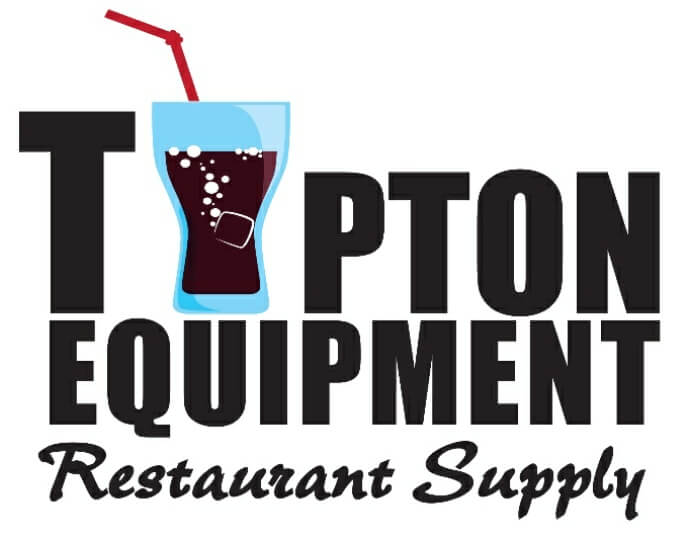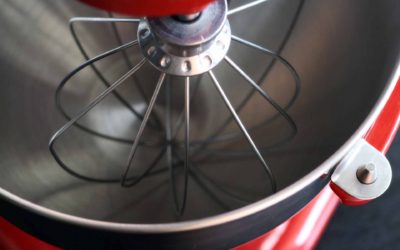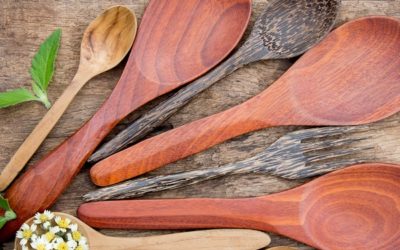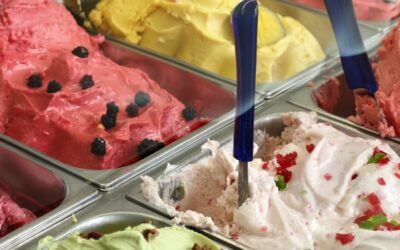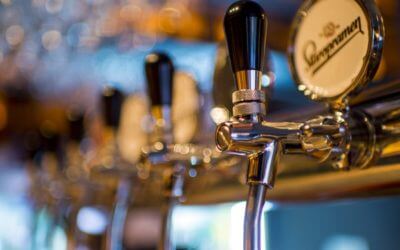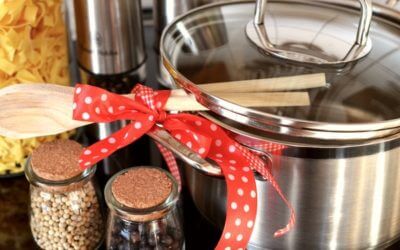Restaurant Supplies: How to Properly Store Spirits & Drinks
August 13, 2018Spirits and other alcoholic drinks can add a lot to your bottom line as a restaurant.
These drinks often have high margins, and people order more than one frequently. This leads to more revenue for your restaurant and better tips for your servers!
In order to make the most of your inventory of spirits and drinks, it’s vital to store it properly. Like all restaurant supplies, you can extend the life and usefulness of your alcohol with correct treatment.
Avoid Sunlight
Different types of alcohol have different needs, but one thing they have in common is that they suffer in the sun. In most restaurants this isn’t a big problem – most bars or storage areas aren’t near a window.
But, it pays to think about this if you’re working on creating a restaurant layout or setting up your bar. Windows and natural light can add a lot to the ambiance, but you want to make sure it doesn’t affect your spirits.
Best Practices for Beer Storage
Beer, like many other drinks, needs specific temperatures to be at their best. This temperature should be steady and cool.
Here are the ideal temperature ranges for each type of beer:
- Average: 50-55 degrees F
- Strong Beers: 55-60 F
- Standard Ales: 50-55 F
- Lighter Beers: 45-50 F
Beer should also be stored standing up, not laying on its side. If beer lays on its side over time, a yeast ring can form inside the bottle. In addition, upright storage decreases oxidation.
Storing Wine Well
If you serve a lot of wine in your restaurant, it pays to invest in wine storage solutions. Restaurant supplies like a wine refrigerator or a wine cellar are great ideas.
The temperatures for storing wine are pretty simple – there’s one for red and one for white.
- Average (red): 50-55 degrees F
- Average (white): 45 degrees F
When you place your wine in storage, it’s important to store it on its side. Corks have a tendency to dry out over time, and wine laying down will keep the cork moist.
However, champagne should be stored upright, along with other sparkling wines.
What to Do With Whiskey
Whiskey and other spirits can be stored at room temperature. This makes it easy to stock a bar attractively, by displaying it on shelving directly behind the bar.
Whiskey and spirits should be stored upright. If it’s on its side, the strong alcohol will eat through the cork. One thing to keep in mind with whiskey and strong alcohol is that once it’s opened, it won’t last forever. Once it’s below one-quarter full, it’s time to focus on using it up.
Taking proper care of your restaurant supplies, including your drinks and liquor, will help you maximize revenues and keep costs down.
Get the Restaurant Supplies You Need Today
When you’re taking proper care of your drinks, you need reliable restaurant supplies for storage. Whether you want a wine cabinet or a refrigerator to keep your beer at the right temperature, Tipton Equipment Supply is here to help.
We’re proud to serve Little Rock restaurants and we’d love to help you locate exactly what you need. Contact us for more information today!
5 Essential Buying Tips for Your Next Food Prep Work Table
The right foodservice equipment is pivotal to the efficiency of your kitchen. One of the most important types of foodservice equipment for any kitchen is the work table. With limited room on countertops available for your food prep needs, the cooking process can drag...
Tips for Keeping Your Commercial Sink Sparkling Clean
Your commercial kitchen, just like your personal kitchen, must be kept clean at all times. With all of the cooking and food processing you do, it is inevitable that your sink gets messy. Cleaning up your commercial kitchen is incomplete without proper cleaning of your...
Food-Cutting Secrets to Beautiful Dishes
In the restaurant industry, presentation is often said to be just as important as the food itself. Using the right knowledge, skills and restaurant supplies, you can incorporate creativity into your presentation, making guests feel that they are getting something...
Top Space-Saving Tips for Commercial Kitchens
Top Space-Saving Tips for Commercial Kitchens Space is always an important consideration when setting up a kitchen, and this is even truer for commercial kitchens. With a strong focus on functionality and the kitchen supplies that meet the needs of your commercial...
5 Ways to Get the Most Out of Your Mixer
No one wants to eat off of dirty or tarnished silverware. A stand mixer is a highly useful piece of kitchen equipment to invest in. Although this type of kitchen equipment does not usually come cheap, it can last a lifetime when properly cared for. Despite all your...
Restaurant Prep Tool Selection Simplified
What’s a restaurant kitchen without high-quality prep tools that can withstand the pressure of frequent use? Whether you already have a restaurant you’re running, or you’re just planning to launch one, one vital factor that could make or mar your business is how you...
Beginner’s Guide to Choosing a Commercial Ice Cream Freezer
Ice cream is a delicious and appealing desert treat for everyone, young or old. Having made the decision to sell ice cream to your customers, whether you have a restaurant, convenience store, or specialty ice cream parlor, it is time to begin stocking up on the right...
How to Choose the Right Kitchen Scales for Your Restaurant
A food scale is an essential item in every restaurant’s store of kitchen supplies. Designed to take the guesswork out of food measurement and maintain consistent food serving sizes, food scales are indispensable kitchen supplies in the commercial kitchen. With such a...
Beer Chilling Systems: Which Type Is Right for My Restaurant?
A refrigeration unit is integral to the functioning of any restaurant. Beers are best served cold - there’s no questioning that! But which beer chilling system is the best? From reach-in coolers to glycol chillers, a beer chilling system is an important piece of...
What Equipment Will I Need to run a Food Truck?
There’s a lot of planning that goes into starting your own food truck business. Before you hit the road with your delicious food offerings, you’ll need to fill up your truck with all the right foodservice equipment. Considering the lengthy list of possible items to be...
8 Types of Food Thermometers: What You Need To Know
Food thermometers are essential restaurant supplies for your commercial kitchen. They ensure that foods prepared in your commercial kitchen are cooked to the right temperature and held at that temperature for as long as necessary to kill any harmful bacteria. This...
How to Identify the Best Food Processor for Your Needs
Highly versatile and extremely efficient, food processors are designed to take away the hard work from repetitive kitchen activities. This type of cooking equipment can quickly become an invaluable tool in your kitchen. From chopping, to shredding, grinding, mincing,...
6 Keys to Choosing the Best Chafing Dishes for Your Restaurant
The chafing dish, also known as the chafer, is an essential piece of restaurant equipment for any establishment that wants to keep food hot. This type of restaurant equipment gets its name from the French word, chauffer, which means to heat, and it’s easy to see why....
Turning up the Dial on Commercial Fryers: How to Choose One for Your Restaurant
Fried food is a well-loved favorite. This is a fact. It also makes a fryer an important piece of equipment to have in your commercial kitchen. Just consider how many appetizers and sides require frying: onion rings, French fries, and fried green tomatoes are just a...
What’s in a Cooking Pot, How to Choose the Right One?
As a restaurant owner, your cooking needs might vary. Did you know that a good quality pot can greatly improve your cooking experience, while also improving the quality of your cooking? This cooking equipment is a very important one that cannot be done away with...
